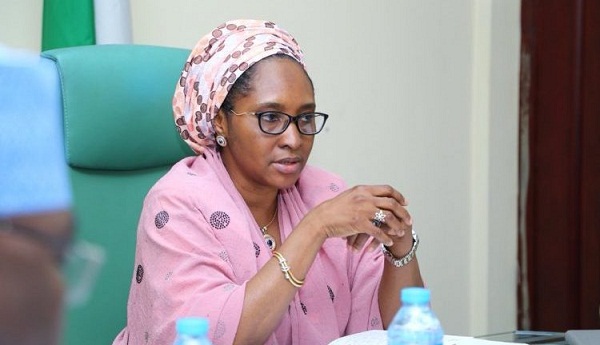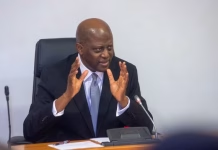The National Assembly recently passed the proposed 2020 budget and is set to transmit the bill to the President for assent. The Ministry of Finance released a breakdown of the budget proposal, highlighting key goals of the administration in achieving economic growth. It starts off by retrospecting on the gains the economy has recorded since its recovery from recession, ranging from, economic diversification, Security, improved trade balances, stable oil production, and infrastructure and social investment.
The breakdown of the budget puts aggregate expenditure at N10.594 trillion, Statutory transfers at N560 billion, Debt service at N2.725 trillion, Recurrent Expenditure at N4.842 trillion, Capital Expenditure at N2.465 trillion, Fiscal Deficit at N2.28 trillion and Deficit/GDP at 1.52 percent.
The lawmakers adopted a daily crude production rate of 2.18 million barrels, as proposed by the executive.
The Senate, however, adopted 57 dollars oil benchmark as against the executive proposal of 55 dollars.
President of the Senate, Ahmad Lawan, appreciated his colleagues for their efforts on the budget, saying the success recorded was in conjunction with the House of Representatives.
He said the National Assembly has provided the executive what it needed to implement the budget.
Lawan expressed hope that the implementation of the budget would be faster, noting that the National Assembly would do well in its oversight functions.
He said the National Assembly would ensure that Nigerians get what they desired from government.
Recall that President Muhammadu Buhari had submitted a budget of N10.33 trillion to a join sitting of the National Assembly on October 8, 2019.
The budget was accompanied by the Finance Bill which the President also presented to the National Assembly for consideration and passage.
Click link to read: 2020-budget-breakdown













